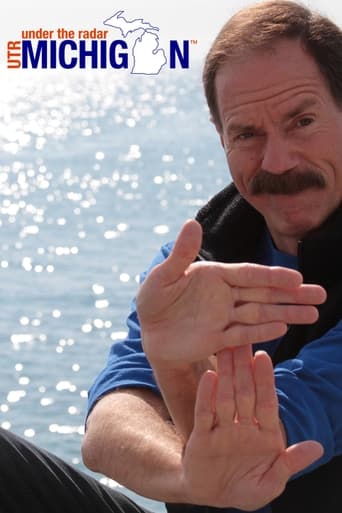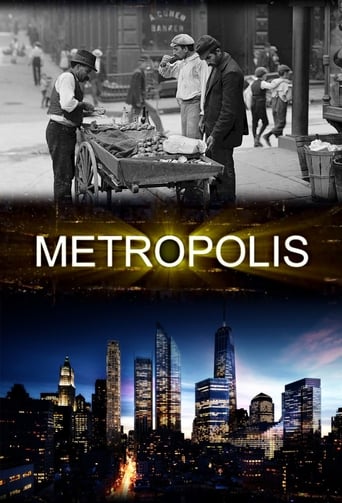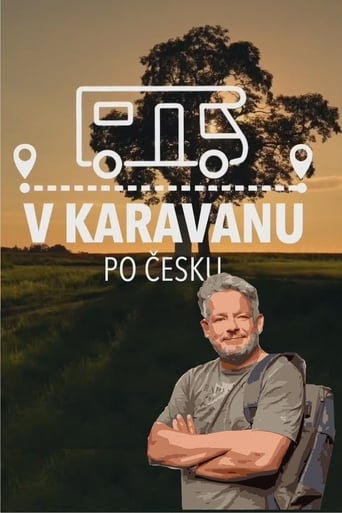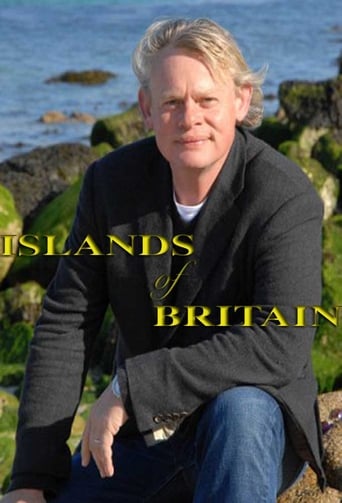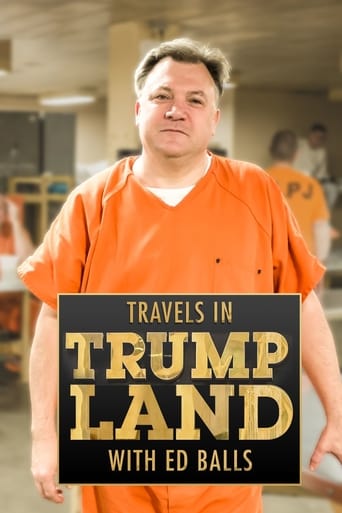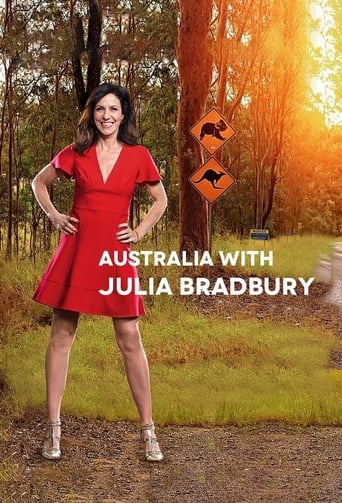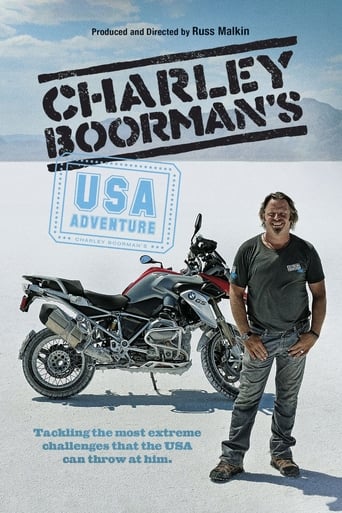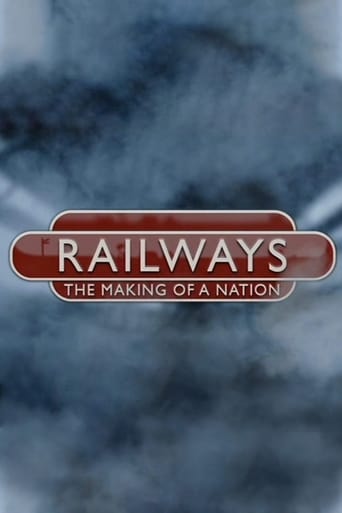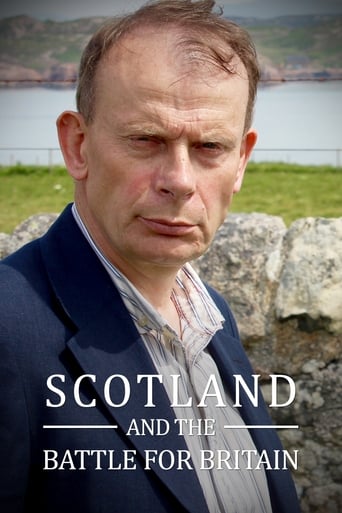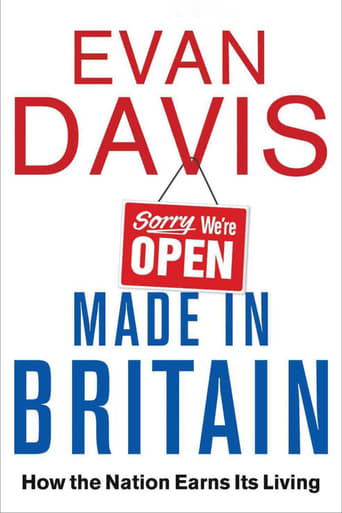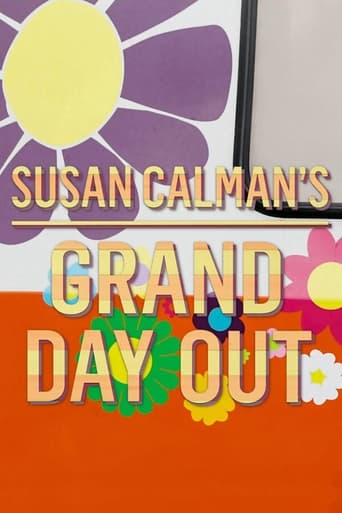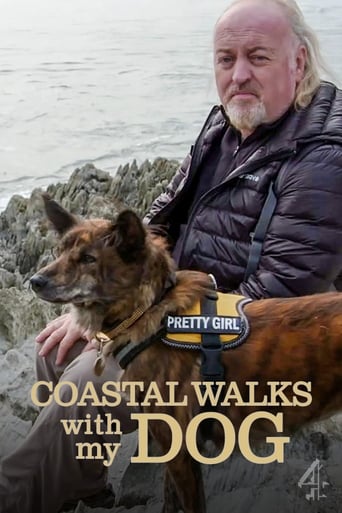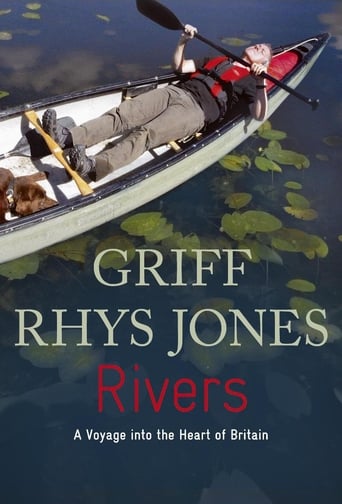
Rating:
0/10 by 0 users
East
The actor journeys along the waterways of East Anglia, where he experiences a traditional way of living that survives in the man-made ditches of the Fens. He also revisits the romantic sailing boats of his childhood on the Norfolk Broads, before travelling along the Stour. Finally, he examines how the conflicting interests of farmers, anglers, canoeists, naturalists and industries can be reconciled to ensure the future of the nation's rivers
Writing:
Release Date:
Sun, Jul 26, 2009
Country: GB
Language: En
Runtime: 60
Country: GB
Language: En
Runtime: 60
Griff Rhys Jones
Self - Presenter
Season 1:
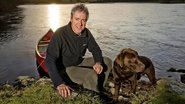
Griff travels upstream from Kinlochleven into one of the most remote areas of Scotland.
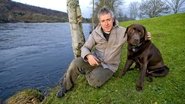
The actor and comedian explores waterways in the north of England, beginning in Liverpool where he tries to swim across a mile-wide stretch of the River Mersey, before going underground to help clean up the UK's network of hidden rivers. He then heads to Manchester, follows the Derwent across the Pennines, and makes his way to the port of Hull using what was once one of Britain's most important shortcuts
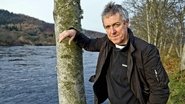
The actor and comedian explores the waterways of the west of Great Britain. He follows the Severn from its source in the Welsh hills to its estuary 200 miles away, and also travels along its neighbour the Wye. Griff examines how rivers have nurtured and provided for mankind for thousands of years, supplying drinking water as well as the iron ore used in the Industrial Revolution, and also bog snorkels, meets Druids and sleeps in a hermit's cave
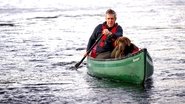
The actor explores the relationship between cities and rivers when he travels to London, examining how the Lea has played a vital role in its history, and discovering the balance between waste leaving a town and the water coming in. Griff also meets the community in Essex that grows Sicilian cucumbers, sails a gunpowder boat and trains with a team of veteran rowers

The actor journeys along the waterways of East Anglia, where he experiences a traditional way of living that survives in the man-made ditches of the Fens. He also revisits the romantic sailing boats of his childhood on the Norfolk Broads, before travelling along the Stour. Finally, he examines how the conflicting interests of farmers, anglers, canoeists, naturalists and industries can be reconciled to ensure the future of the nation's rivers


